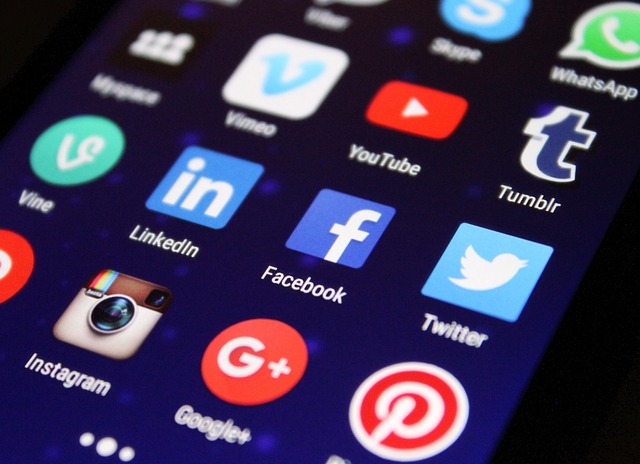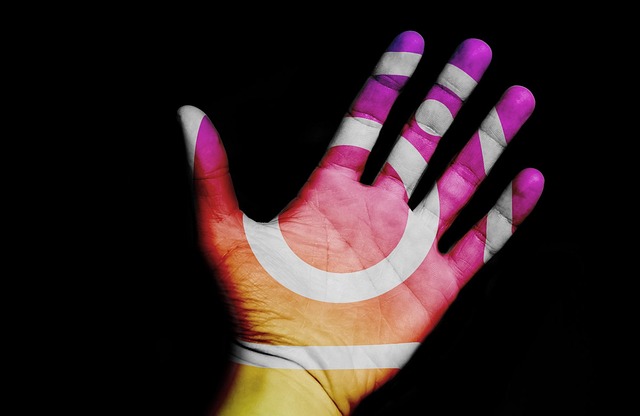The Rise of Social Media Addiction: Understanding the Impact on Society
In today’s digital era, social media has become an integral part of our daily lives, redefining how we interact and communicate. Yet, while we enjoy the connectivity and convenience it provides, there is an alarming trend emerging: social media addiction. This addiction is not just a personal issue; it has far-reaching implications for society as a whole.
The Allure of Social Media
Social media platforms are designed to capture our attention. Features like endless scrolling, notifications, and the thrill of likes and shares create a dopamine-driven cycle that keeps users hooked. It feels good to check our devices and see that someone has interacted with our posts. This psychological reinforcement can turn into a compulsive behavior, where individuals find it increasingly difficult to disconnect. The irony is that while social media is meant to bring us closer, it can often lead to feelings of isolation and inadequacy when we compare ourselves to the curated lives of others.
Impact on Mental Health
The prevalence of social media addiction raises significant concerns regarding mental health. Studies have shown links between excessive social media use and various mental health issues, including anxiety, depression, and decreased self-esteem. The constant comparison with others can lead to negative body image and a distorted sense of reality. Moreover, the pressure to maintain an online persona can be overwhelming, resulting in stress and burnout.
Disruption of Real-Life Connections
Ironically, while social media aims to connect us, it can dilute real-life interactions. Many people find themselves more comfortable communicating through a screen than in person, leading to shallow relationships and a lack of genuine human connection. Friends may scroll through their phones rather than engage in face-to-face conversations, weakening the bonds that are critical for emotional support.
Consequences on Productivity
Social media addiction also has tangible effects on our productivity. The constant distractions from notifications and the urge to check updates can significantly reduce our ability to focus on tasks. In workplaces and educational environments, this can lead to decreased performance and hinder personal and professional growth. As people become more engrossed in their online worlds, the quality of their work and the time they invest in self-improvement may suffer.
Societal Reflection
A society grappling with social media addiction is reflected in its shifting cultural dynamics. The way we view success, relationships, and even our own identities is increasingly influenced by online engagements. This phenomenon can lead to a generational divide, where older generations may struggle to understand the implications of social media on personal interactions, while younger generations navigate a landscape heavily influenced by digital communication.
As we delve deeper into the complexities of social media addiction, it is crucial to cultivate awareness and promote healthier use of these platforms. Building a society that values authentic connections and prioritizes mental well-being over virtual validation can pave the way for a more balanced relationship with technology.



